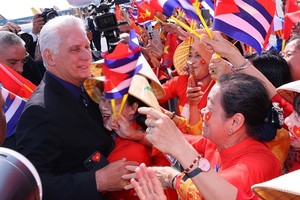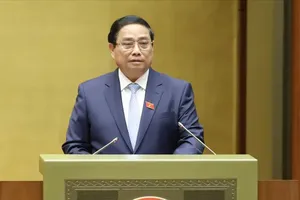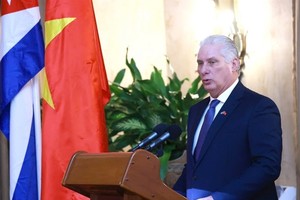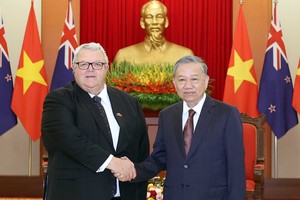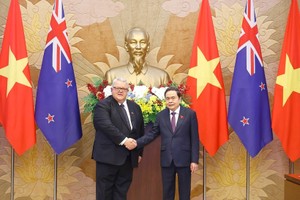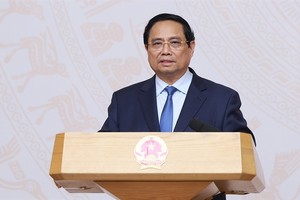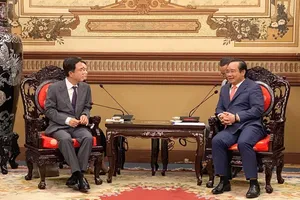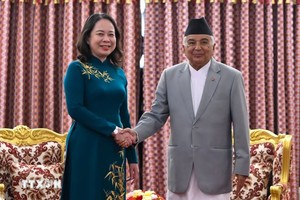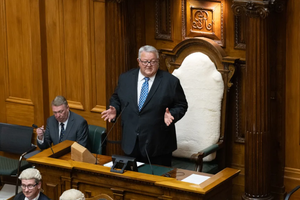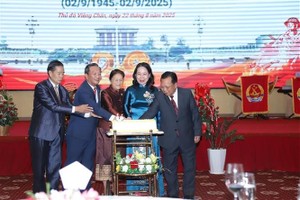Bosnian Serb ex-army chief Ratko Mladic has appealed against his transfer to a UN court where he faces genocide and war crimes charges, after thousands rallied in Belgrade against his arrest.
His lawyer Milos Saljic said he had sent the appeal documents from a Belgrade post office on Monday, shortly before the end of a three-day deadline.
Earlier however, he was pessimistic about their chances.
"Everything is in the court's hands, whether it will accept it or not," he said.
"But I fear that this does not depend on the court, but on those who promised a miracle, who wanted him to be transferred to The Hague as quickly as possible."
Mladic's family argue that the alleged mastermind of the Srebrenica massacre and other atrocities during the 1992-95 Bosnian war is too ill to be transferred to the International Criminal Tribunal for the former Yugoslavia (ICTY) based in The Hague.
They had his lawyer say he has already suffered a series of strokes.
But the appeal is widely expected to be rejected and his transfer to take place in the coming days.
In The Hague, the ICTY prosecutors said they were considering applying to the court to join Mladic's trial to that of his wartime political head, Radovan Karadzic.
"We are studying all the possibilities," Frederick Swinnen, an adviser to the ICTY's chief prosecutor Serge Brammertz, told AFP.
He explained that in the "rules of procedure, there is a possibility of asking for the two cases to be joined."
Karadzic, the wartime Bosnian Serb president, and Mladic are accused of the same counts of war crimes, crimes against humanity and genocide committed during the Bosnian war.
The charges include the 1995 Srebrenica massacre of 8,000 Muslim men and boys -- the worst atrocity in Europe since World War II -- and the 44-month siege of the city of Sarajevo, during which 10,000 were killed.
A Serbian judge ruled Friday that Mladic, 69, was fit to be transferred to the UN court after hearing a report from doctors who had examined the suspect.
But lawyer Saljic said Mladic might not even live to see the trial.
"I don't think the trial will take place," he said. "He will not live to the start of the trial."
He acknowledged that the appeal was a bid "to prolong things a little bit, so the extradition does not take place right away."
A spokesman for Serbian war crimes prosecutors, Bruno Vekaric, insisted Mladic was healthy enough.
"We have the doctors' report and we also have our own observations. The problems he has... are normal for people of his age who do not pay attention to their health," he told AFP.
"This is a defence strategy to delay the procedure. They are trying to present him as demented. He clearly has health problems but this is not a reason from him not to go to The Hague."
Serbian authorities have said that the time and date of the transfer would be kept a secret.
Police said 180 people were arrested after skirmishes broke out following an ultra-nationalist demonstration in support of Mladic late Sunday that drew between 10,000 and 15,000 people.
Police said 43 people, including 32 police officers, sustained minor injuries when youths threw stones and flares at police after the main protest.
The demonstration was largely peaceful however, after Mladic urged calm via his lawyer.
Mladic was arrested Thursday after 16 years on the run.
Mladic's son Darko said Sunday his father insists he had nothing to do with the Srebrenica massacre and had in fact saved lives.
"He said that whatever was done in Srebrenica, he had nothing to do with it," said Darko Mladic.
As family visits continued Monday, he was able to see his two grandchildren, a 10-year-old girl and a five-year-old boy.
Mladic's arrest has been widely welcomed internationally, but has sparked angry protests among those Serbs who consider him a national hero.
In The Hague, ICTY officials moved quickly to head off calls from survivors of the war that a German judge on the panel preparing the case against Mladic be taken off the case.
In a letter to the tribunal, the associations of war victims alleged that judge Christoph Fluegge had denied that the massacre was genocide.
But an ICTY spokeswoman said this claim was a "blatant misrepresentation" of comments the judge had made in a media interview.
